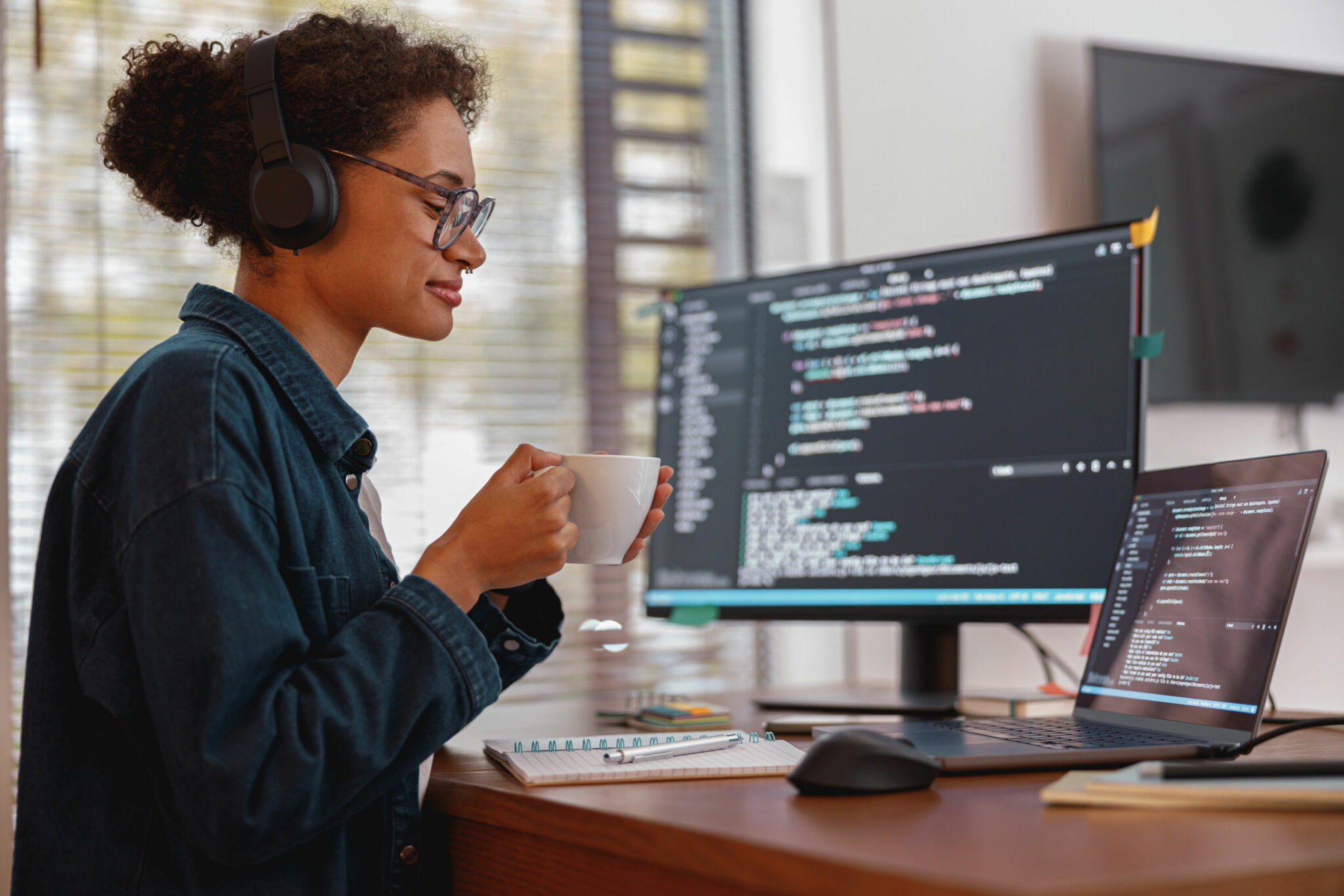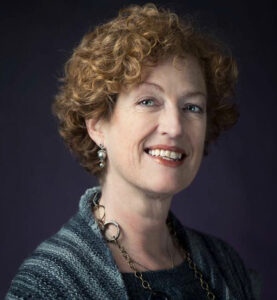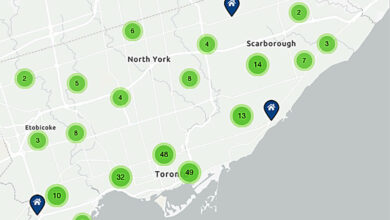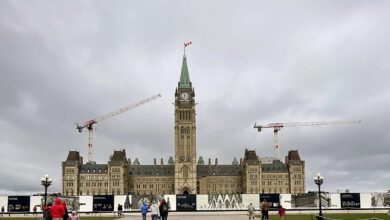“Humans are unique, not replaceable, collectively our brains’ creative capacity is infinite”
Dusty Kelly

Will AI be able to override the creative ability of a musician? Will it be able to convey emotion, to make us feel that chill on our skin when we hear a certain song? Is there a possibility that music creation using AI tools will be so close to human that musicians will become “disposable”? What are the threats and what are the advantages that can be identified in this particular area of the creative world? Dusty Kelly is the Executive Director of the Toronto Musician’s Association, Local 149, and has a particularly optimistic, even calm, view of the future of music and musicians when it comes to relating this deeply human world of creation to Artificial Intelligence.
Especially because, as herself emphasizes, musicians have long had to deal with technological evolution and have always known how to make the best of it. Also, because the creative capacity of the human being is infinite.

Especially because, as herself emphasizes, musicians have long had to deal with technological evolution and have always known how to make the best of it. Also, because the creative capacity of the human being is infinite.
Milénio Stadium: We are in an era where there is a lot of talk about the dangers that AI can pose to humanity. What are your thoughts on this?
Dusty Kelly: With respect to the possible dangers that AI can pose to humanity it is imperative for governments globally to work together to regulate the use of AI. In 2021, 103 countries adopted a global agreement on the Ethics of Artificial Intelligence at the UN. But this alone, is not enough. Governments, the private sector, unions, the scientific community all must ensure no harm is done, let’s look to the benefits of AI. We have a climate crisis with immense impacts on the sustainability of our planet – the most existential issue of our time – how can AI be deployed to save the planet!
MS: Specifically in the creative field, while technological developments have brought many benefits, do you fear that AI will end up diminishing or even almost nullifying the creative capacity of human beings?
DK: I do not believe AI will diminish or nullify the creative capacity of human beings. Afterall, it is human beings that have created artificial intelligence. Right now, AI is just that – it has been programmed and mapped by humans, humans who have created the art that the AI programs are modifying and manipulating. I strongly believe that the capacity of human creativity will – as we have moved and advanced exponentially with technology – continue to allow us to free ourselves from mundane tasks and use our minds in new and even more creative and inventive ways.
Musicians have always dealt with the impact of technology and technological change on their livelihoods – from the early days of the introduction of sound recording, amplification, onto to computer technology, and advances in the recording studios, musicians have adapted and used these tools to reach new levels of creativity. Even the instruments musicians play, have been impacted by technology. I was amused the other day to see an old video excerpt of David Bowie speaking about working for the very first time with synthesizers – he remarked that they threw the manuals out – the presets weren’t necessarily indicative of what a musician would do, and they wanted to see what sounds they could create.
MS: One of the biggest concerns is what AI might do to the labour market. Recently we have seen massive layoffs in sectors related to telecommunications and media. What could happen in your area of work?
DK: Musicians have throughout the centuries been impacted by advances in technology – live orchestras in cinemas were replaced by recorded tracks, today you see computer programs similarly trying to replace musicians – it is paramount that we negotiate language in our respective collective agreements to mitigate the negative impact of technology on the livelihoods of professional musicians. For example, many of our agreements already contain clauses that prohibit ‘virtual orchestras” – we also have clauses that provide payments to musicians in lieu of recorded music used to displace live performance what we call playbacks.
That said we are in the business of live performance not only recording. Nothing can replace a live concert — human emotions imbuing performances evoke a joyous experience that connect millions of fans — those emotions come from the heart and soul of an artist’s creativity — AI can copycat Taylor Swift – compose an Amadeus Mozart sounding concerto —but humans are unique, not replaceable, collectively our brains’ creative capacity is infinite.
MS: What can we expect from the future in this context? What hopes and fears do you have?
DK: My hope for the future through a music creativity lens is for the creation of new compositions and new music that which is yet to be imagined. Copyright must be protected and that ‘work for hire’ does not take hold – right now you have the entertainment industry conglomerates seeking to own an actor’s image and voice outright. The same cannot be permitted for music. We have all seen those AI deep fakes like the Drake track – these are being created through the theft of an artist’s likeness, voice, and music – viewers get initially swept up in the excitement of these clips but that enthusiasm wanes fast – let’s not forget they are only interesting because it sounds and looks like the artist.
The future is yet to be created and that future will be imagined in the human mind not in an artificial one.
Madalena Balça/MS








Redes Sociais - Comentários